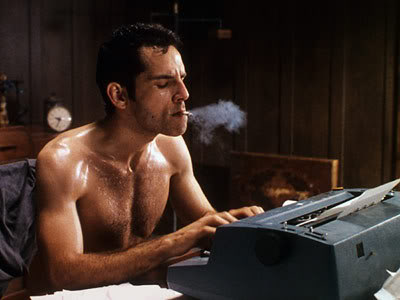Edward St. Aubyn wrote his first novel shirtless, drenched in psychological sweat. In Never Mind, the fruit of that strain, we meet a number of characters, but only one or two—side characters—who don’t seem doomed. A father rapes his son. The same father murders a helpless injured person, and his friends don’t disapprove. One imagines a harrowed publicist gamely trying taglines: Why read a novel when you can read a drill? At the same time, St. Aubyn’s prose is so harsh and pretty, so funny and apt, that one reads helplessly on, reaching thickets of trauma less and less bearable.
In the ensuing Patrick Melrose novels, the interplay of the protagonist’s protean, unremitting pain and St. Aubyn’s sculpted, Old World style grows even more dynamic. Sometimes, as in Bad News and Some Hope, the books read like the howl of Henry Rollins as processed by the probing, gently paradoxical mind of Henry James. Sometimes, as inMother’s Milk and At Last, this irony softens. To replace the pleasures of the friction, St. Aubyn offers direct, psychological insight and aphorism. Patrick says of his ex-girlfriend, Julia, with whom he starts an affair: “She was kind, she was careful, she was accommodating. He was going to have to rely on the machine of their situation to grind them down, as he knew it would.” The acid rigor of these lines adds a new dimension to the novels, a new type of pleasure to read in wait for. That these passages are so quotable rarely detracts from the momentum of the books. Usually, they arrive in icy sweats of urgency. Patrick longs for the words he writes to help his cause. Since the birth of his children, he is no longer able to bear drifting analytically through life. For their sake, to avoid passing on the hell of his inner life, he wants answers.
If the Melrose novels treat the many facets of pain—the birth of pain; the morbid, chemical pausing of pain; the psychological processing of pain; and the attempt to stop its intergenerational passage—St. Aubyn’s latest, Lost for Words, is a book mainly about the flight from pain through reading and writing. It is also a sporadically jaunty, often hilarious farce about a literary prize.
Read More | "Edward St. Aubyn's Lost for Words" | Alexander Benaim | Bookforum
